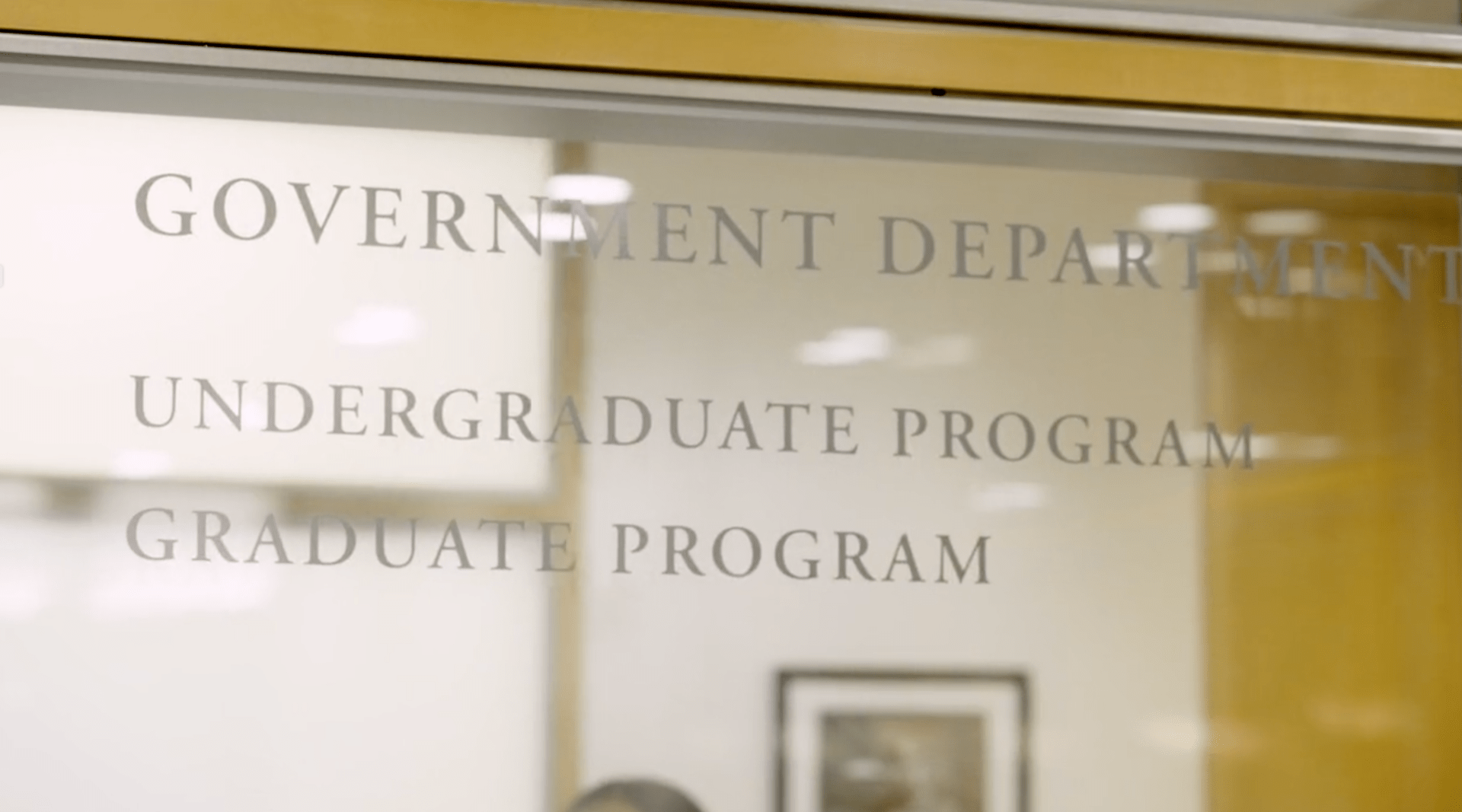Marcel Roman, Assistant Professor of Government, has co-authored an article for The Washington Post with Amanda Sahar d’Urso, an assistant professor at Georgetown University’s Department of Government. The piece explains how “Critics of the term “Latinx” argue that only 4 percent of Hispanics use it because most are offended by how it anglicizes Spanish or signals elitism. Our research shows…
Democrats wrongly assume only Trump’s words alienate Latinos




